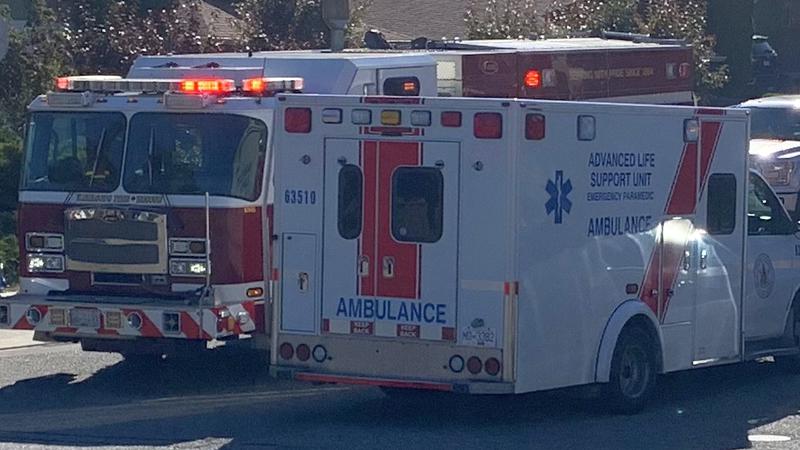
Open drug use, overdoses up since decriminalization began, say Kamloops RCMP superintendent and fire chief
KAMLOOPS — The city’s top cop and its fire chief are in agreement: open drug use and overdose calls have jumped within the City of Kamloops since the province launched its drug decriminalization experiment.
During a City of Kamloops Community Policing Select Committee meeting Thursday morning (July 20), RCMP Superintendent Jeff Pelley and Kamloops Fire Rescue Chief Ken Uzeloc were asked to relay their observations of how activities have changed on the streets since January 31. That’s the day possession of small amounts of illicit substances became legal in B.C.
Pelley told the committee — which consists of Councillors Kelly Hall, Katie Neustaeter and Dale Bass — substance use has become more open in the subsequent five months.



